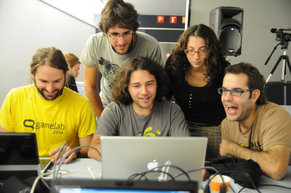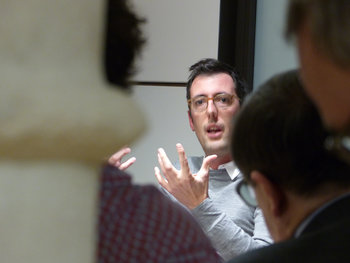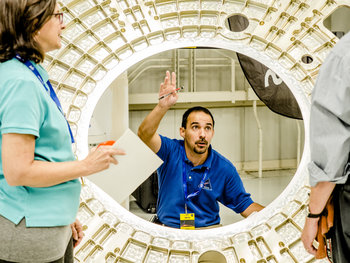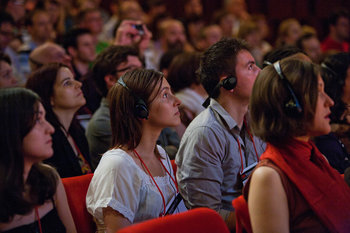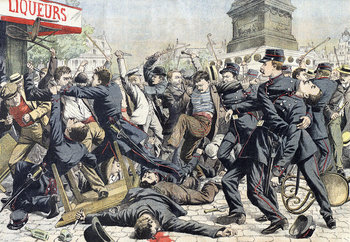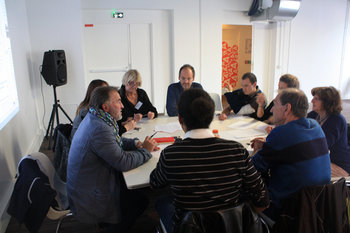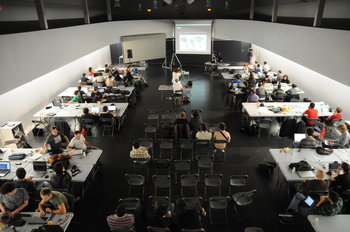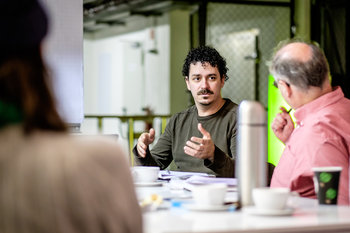Detail
Big picture thinking versus attention to detail.Generalist | Specialist |
Thinks in first principles, challenges assumptions, systems thinking, design thinking, strategic thinking, dislikes repetition and seeks new challenges. | Attention to detail, expert knowledge, diligent, able to remain productive with predicable work that isn't necessarily challenging, accurate and precise. |
Problem Solving
An employee's fundamental approach to problem solving.Proactive | Reactive |
Manages risks, pursues resilience and addresses the root cause of problems. | Addresses the symptoms of problems, ignores risk and takes shortcuts that may be costly in future. |
Change
How an employee feels about change and risk taking.Innovator | Defender of the Status Quo |
Seeks aggressive change, considers creative ideas and takes calculated risks. | Seeks stability, values tradition, avoids risk, embraces conventional thinking, actively or passively resists change. |
Direction
The amount of direction an employee requires to set goals, solve problems and make decisions.Self-Directed | Follows Direction |
Shapes their role, finds work to do, sets goals, self-improves, handles problems, makes decisions, handles ambiguity, remains productive without direction, challenges the boss. | Thrives in a command and control environment of clearly defined processes and procedures. |
Social
The degree to which an individual requires others to achieve productivity.Collaborator | Independent |
Views all work as social whereby talking is viewed as productive. | Most productive when thinking or concentrating on independent work. |
Planning & Organization
The amount of planning and organization that goes into work.Structured | Flexible |
Plans and organizes all work in advance. May plan for a long time before executing. Changes require more planning cycles. | Delays decisions and planning to the last responsible moment, able to change direction quickly, work may be ad hoc. |
Conflict
The degree to which an individual can tolerate disagreement, criticism and debate.Tolerance For Disagreement | Conflict Avoiding |
High tolerance for disagreement, embraces creative tension, willing to challenge others and hold their ground, remains civil. | Avoids conflict and the seeks protection. Shapes work to avoid criticism as opposed to maximizing its value. |
Leadership
Leadership is the ability to get people moving towards a common purpose independently of your formal authority.Leader | Follower |
Influences and takes on political challenges to lead a way forward. | Avoids politics and craves the protection and stability provided by leaders. |
Time
A preference for acting quickly on every idea versus careful prioritization often motivated by a need to achieve work-life balance.Bias For Action | Time Manager |
Seeks turnaround time and productivity. Willing to sacrifice work-life balance to achieve goals. | Seeks productivity and work-life balance. |
| Overview: Working Style | ||
Type | ||
Definition | The way that an employee prefers to work. | |
Related Concepts | ||


